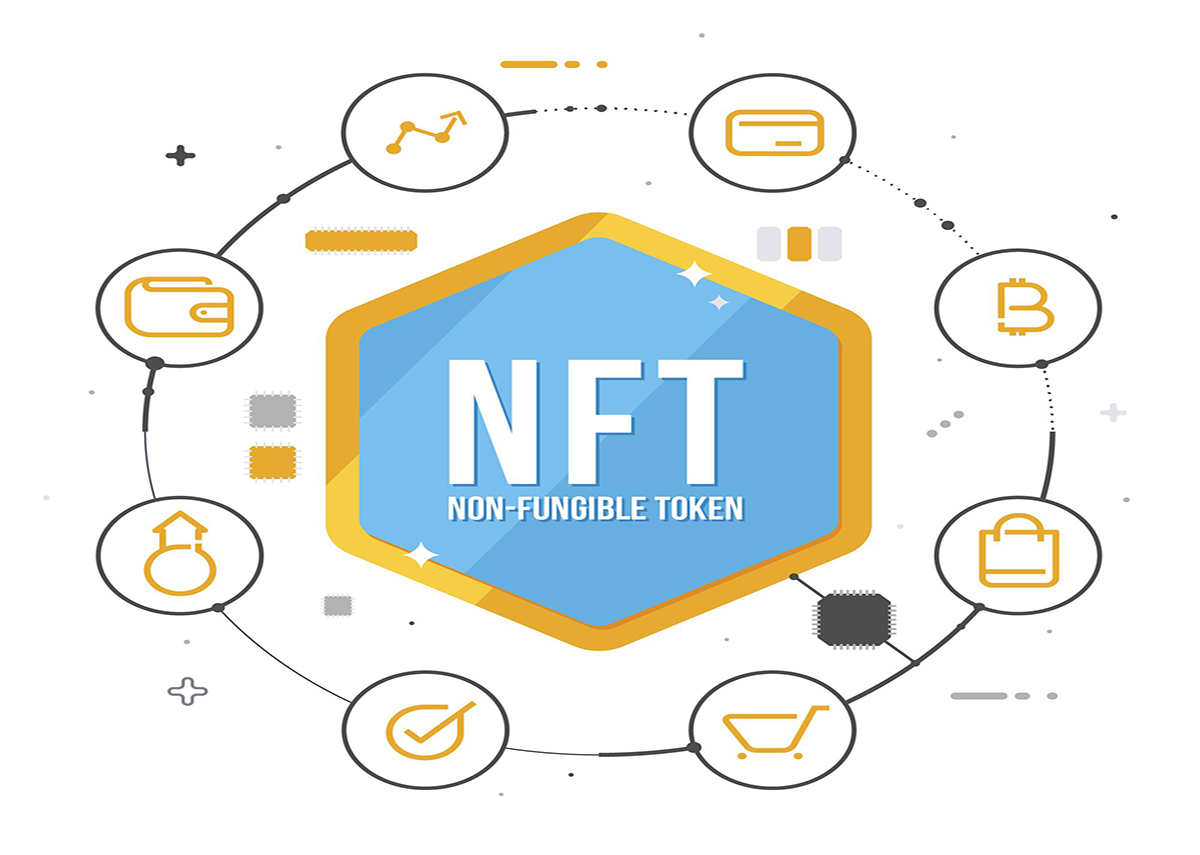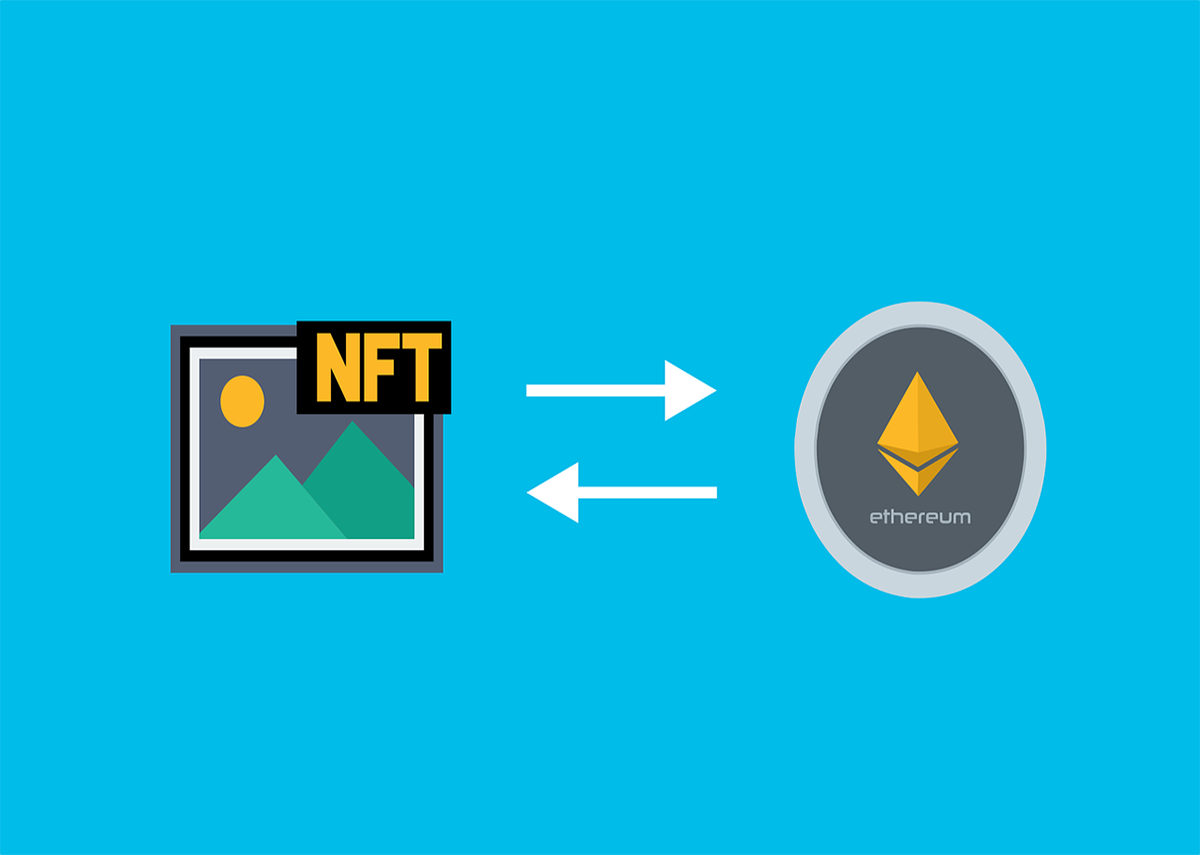The Challenges of Blockchain Adoption Every Business Must Learn
Share

Blockchain is among the most influential and significant technological innovations of the 21st century. Since its inception till now, it has entered major industries, including the finance and service sectors. Over the years, the field of blockchain expanded exponentially, resulting in businesses adopting it for more efficient operations.
Unfortunately, the widespread adoption of blockchain across significant industries also led to the discovery of enormous challenges. If you’ve been trying to become a part of the blockchain adoption trend, learn the most common adoption challenges that other businesses experienced.
· Employee Retraining/Blockchain Skills Deficit
Currently, only a handful of people are experts with blockchain technology and are scattered over various industries. You will have to train and educate your employees, if necessary, about blockchain technology. When employees are on board with the idea and understand the tech better, it will extensively facilitate adoption.
A great con of blockchain adoption is that businesses have to hire people on large pay scales because the in-house talent lacks blockchain skills. However, there is still hope that companies can get their hands on more workers with blockchain knowledge and expertise in the future.
· Scalability Limitations (for Growing Companies)
Scalability is a highly significant issue when it comes to blockchain adoption. It works seamlessly for a small group of people at a company. Nevertheless, it presents serious difficulties when a massive integration is about to take place. A few blockchain currencies, such as Bitcoin and Ethereum, face this challenge firsthand.
Blockchain technology primarily helps with the transaction process to make the process fast. Regardless, transaction processing on blockchain gets slower as more users keep popping up on the network. On the other hand, if your company restricts blockchain access to some users, it would cause inefficient operations.
· Anonymity/Criminal Profiles
Blockchain is famous for its anonymity. While it keeps legit users and their digital payments safe on the network, it also invites a lot of criminals on the network. Why did criminals such as scammers and fraudsters decide to invade blockchain technology?
Firstly, the whole technology operates on a decentralized structure. Hence, there is no regulation, and no one can know each other’s identity unless they know each other in real life. That makes blockchain technology highly suitable for scammers and fraudsters.
Secondly, scammers use blockchain to the maximum extent, even going as far as using Bitcoin for black market payments and illegal web-based transactions. So, high-profile businesses and their products or services get at risk when adopting blockchain technology, as it’s not entirely safe yet.
Conclusion
Blockchain is still far from becoming an indispensable part of online financial services worldwide. As blockchain keeps expanding, new challenges keep arising. But to ensure effective and efficient adoption, you must address all technical difficulties and implementation failures.
The best approach for flawless adoption is to keep learning about this innovative technology. Also, performing a cost-benefit analysis before blockchain technology implementation could significantly benefit your decisions.




